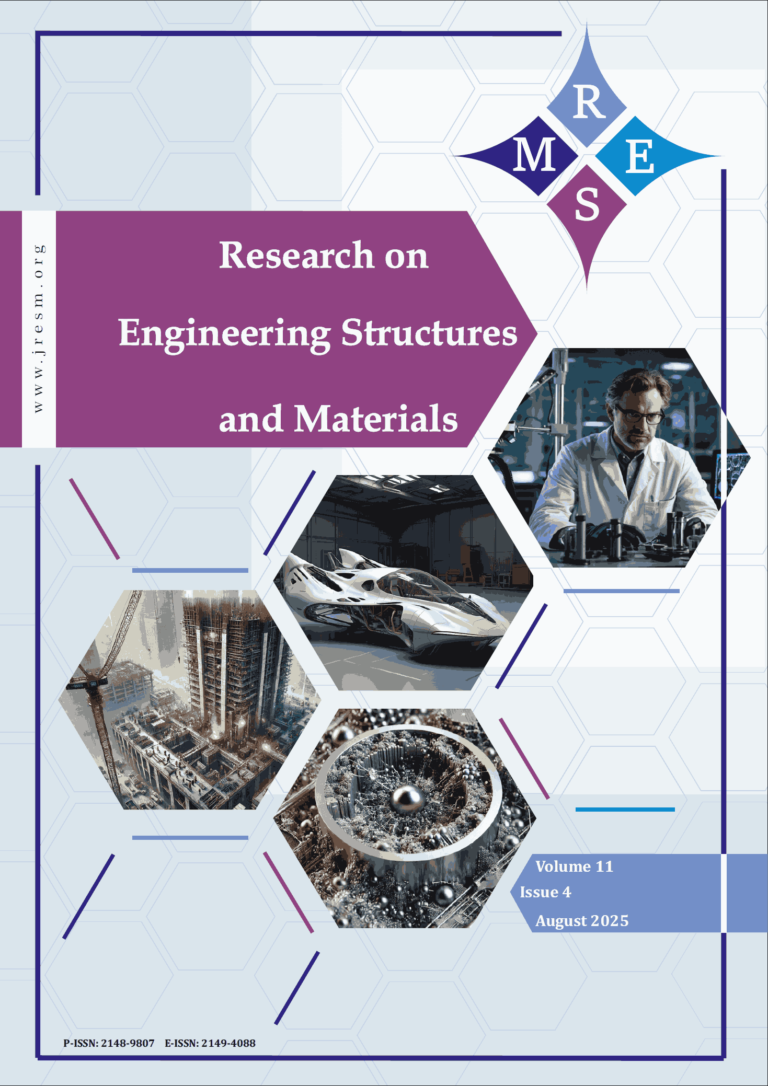In hot mix constructions, the paving and compaction processes must be carried out at temperatures ranging from 130°C to 150°C. Due to this, many countries restrict the paving activities to the summer months. However, the high temperatures lead to increased fuel consumption and significant environmental pollution. The emission of CO2, a major greenhouse gas, poses a serious environmental concern. In response to rising environmental awareness and increasing energy costs, alternative paving materials have been developed that require lower operating temperatures not compromising to the performance. Warm Mix Asphalt (WMA) technology has emerged as a sustainable solution. The WMA technology allows the bituminous mixes to produce at comparatively lower mixing and laying temperatures and thus reducing the emission of greenhouse gases. The study aims at preparing mixes with two types of base binders along with warm mix additives in which six types of binders were prepared and studied the viscosity characteristics. Based on these, optimum additive content was determined. Fourier Transform Infra-Red (FTIR) tests were done to assess the variation in chemistry by the inclusion of organic and chemical warm mix additives in VG30 and PMB40 binders. Modulus values and phase angle data were determined using Dynamic Shear Rheometer (DSR) for all the binders along with the short-term aged binders and assessed the rutting potential. The rutting parameter was determined from the data obtained on the DSR and based on its relationship with temperature, VG30 and PMB40 with organic warm mix additive gave better results. Multiple Stress Creep Recovery (MSCR) tests were done to assess the rutting potential.
